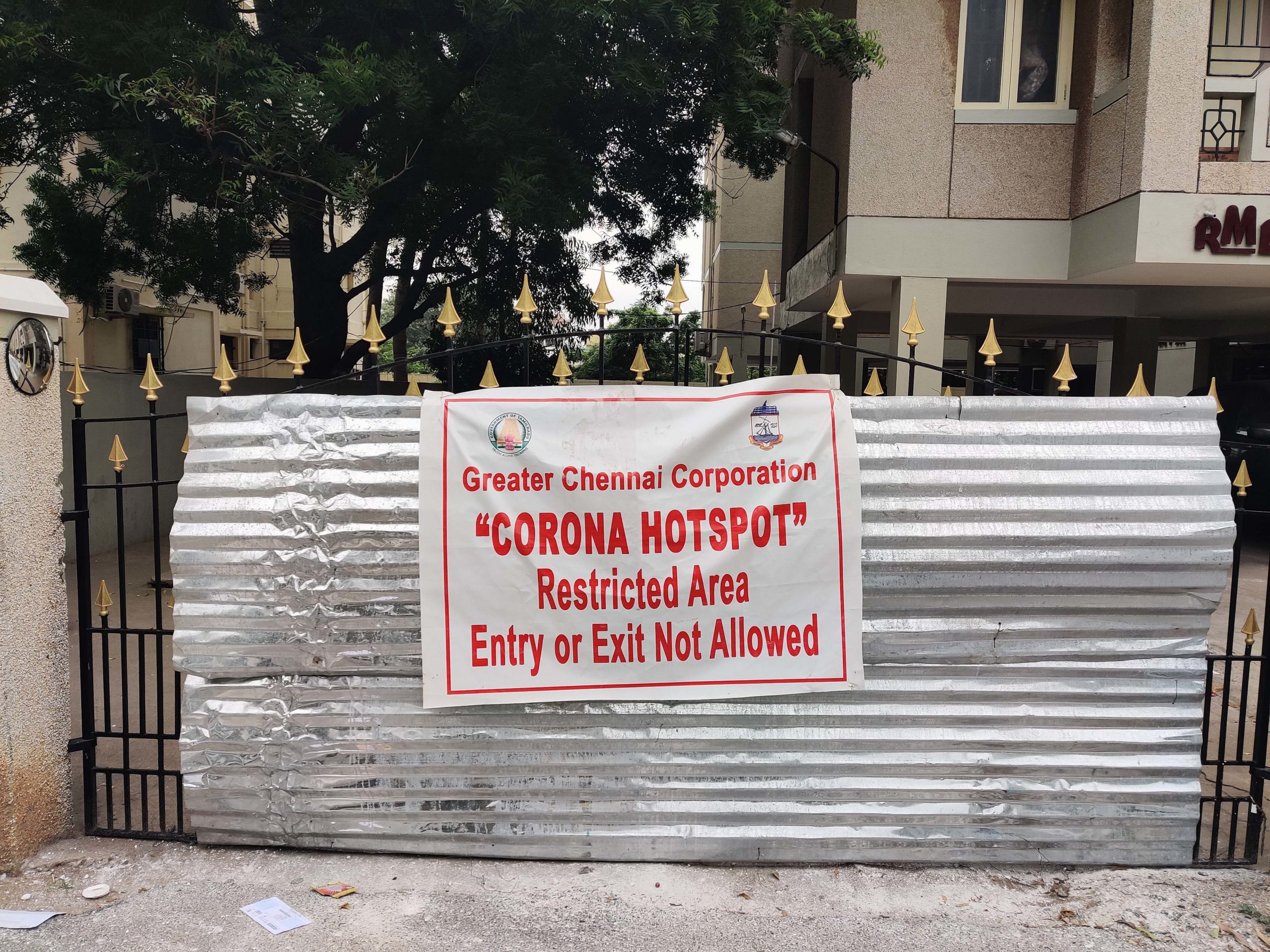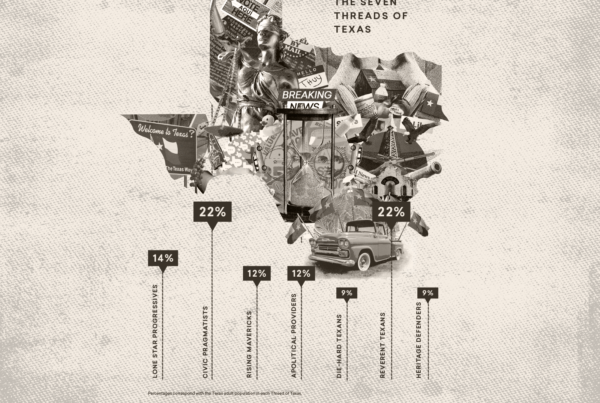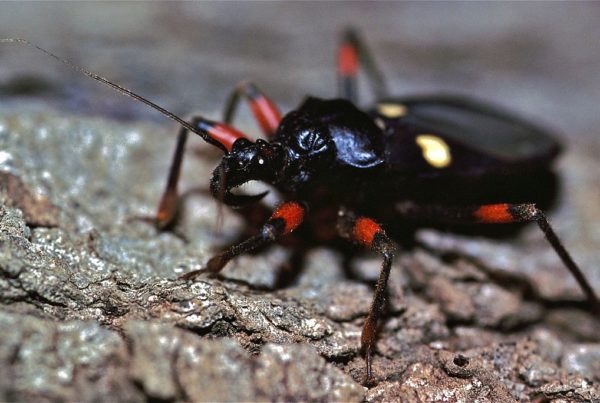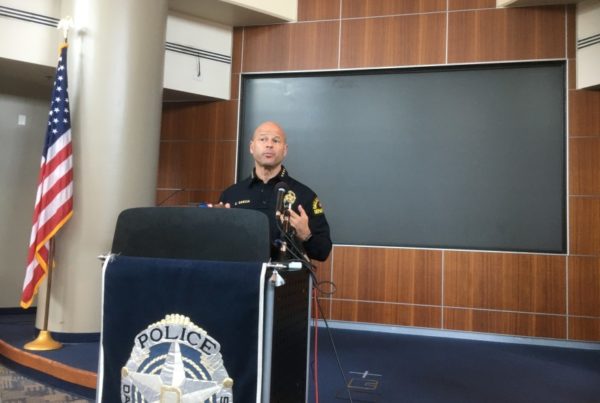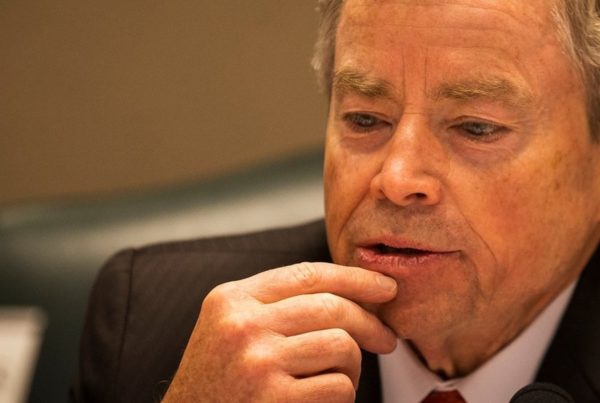With the rise of COVID-19 in India, more children are losing their parents and those losses are felt a world away here among Texas’ Indian communities.
In Austin, a grandmother named Kaur, who asked that her last name not be used, says news of those who are dying keeps coming in.
“I’m so stressed!” she said.
Over the last few days, Kaur got the news that her cousin’s son-in-law, a 40-year-old man, is now dead. So is a dear family friend who was 52.
“I [was] pretty shocked; he was younger than me,” said 56-year-old Kaur.
Both men left children behind.
One reports shows that between April 2020 and May 2021, 9,000 children in India were orphaned. That number, from India’s Ministry of Women and Child Development, accounts only for the time between April 2020 and May 2021, and it’s still unclear how many of those children were orphaned because of COVID-19.
While kinship care is customary in India, an early study shows close to 600 of those orphaned kids have no relatives or other support system. Without guardians, some of those children could become vulnerable to trafficking or being forced into child labor or sex labor, according to some reports.
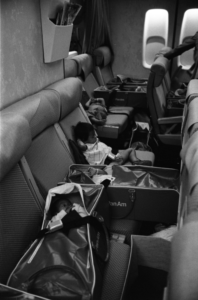
Babies being flown out of Vietnam on the second Operation Babylift flight on April 5, 1975. Credit: Gerald Ford Presidential Library A3854-04A
There is precedent for children being brought to the United States for refuge in times of crisis. The federal government brought in thousands of children near the end of the Vietnam War. In April of 1975, President Gerald Ford ordered Operation Babylift to relocate thousands of Vietnamese babies and children to this country.
The move wasn’t popular; the United States was going through tough economic times. But a month after Operation Babylift, President Ford defended his decision in a press conference.
“Out of the 120,000 refugees who are either here or on their way, 60% are children [and] they ought to be given an opportunity,” he said.
During this crisis, the United States doesn’t have a special COVID-19-related visa – not for orphans, not for anyone.
“Historically, the United States has not been great at going out and bringing in orphans,” said Austin-based immigration attorney Kate Lincoln-Goldfinch.
If families in Texas want to bring their orphaned young relatives into the country, they could try adopting them or could try applying for the children to receive student visas. Neither one is an ideal immigration path. But at the moment, they’re the only paths available.
It’s clear the world has yet to figure out a way to care for COVID’s orphans. Lincoln-Goldfinch said that’s because “the world is still in triage mode.”


